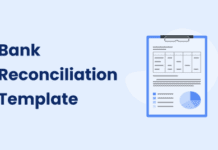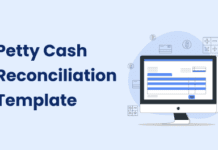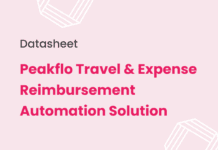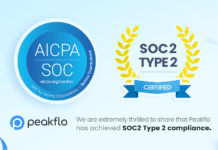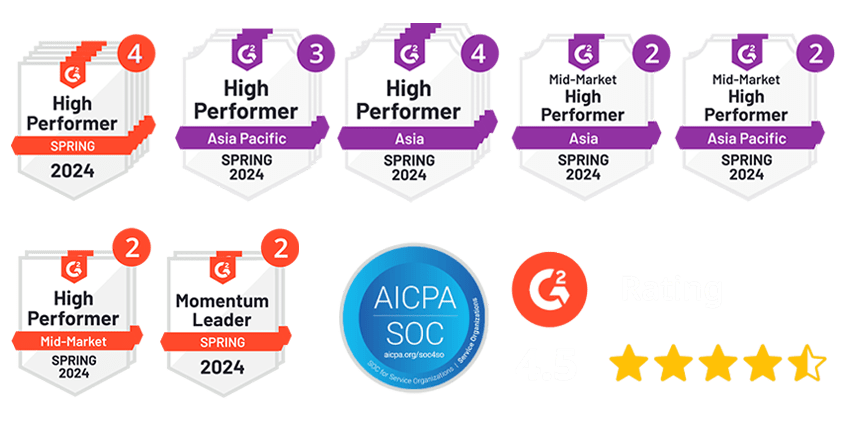Travel expense have become a significant part of a company’s budget. Whether attending conferences, meeting clients, or participating in training sessions, business travel is essential for growth and networking. However, managing travel expenses efficiently is crucial to ensure that these costs do not spiral out of control. This blog explores the intricacies of travel expenses, their components, and strategies for effective management.
What Are Travel Expenses?
Travel expenses are costs incurred by employees or business owners when traveling for work-related purposes. These expenses typically include transportation, accommodation, meals, and incidental costs.
Properly managing travel expenses is crucial for businesses to control costs, ensure compliance with company policies, and streamline the reimbursement process. Accurate tracking and reporting of these expenses help organizations maintain financial transparency and make informed budgeting decisions.
Claimable Travel Expenses for Employees
Employees can claim a variety of business travel expenses to ensure they are reimbursed for costs incurred while traveling for work-related purposes. Common claimable expenses include:
- Transportation:
- Airfare
- Train tickets
- Car rentals
- Mileage reimbursement for personal vehicle use
- Taxi, rideshare, or public transportation fares
- Accommodation:
- Hotel or motel stays
- Lodging fees such as Airbnb
- Meals and Entertainment:
- Breakfast, lunch, and dinner
- Tips for service staff
- Business-related entertainment costs (e.g., taking clients out for meals)
- Miscellaneous Expenses:
- Parking fees
- Toll charges
- Internet access fees
- Telephone charges
- Laundry and dry cleaning services during extended stays
- Travel-related Supplies:
- Office supplies needed during travel (e.g., notebooks, pens)
- Business-related books or reference materials
- Conference and Training Fees:
- Registration fees for conferences, seminars, or training sessions
Each company may have specific policies outlining which expenses are reimbursable, so employees should refer to their organization’s travel expense policy for detailed guidelines.
The Importance of Managing Travel Expenses
Proper management of travel expenses is vital for several reasons:
Cost Control: Uncontrolled travel expenses can quickly add up, impacting the company’s bottom line. Effective management helps keep these costs within budget.
Compliance: Companies need to ensure that travel expenses comply with internal policies and external regulations to avoid legal issues.
Employee Satisfaction: A well-structured travel expense policy can enhance employee satisfaction by providing clear guidelines and timely reimbursement.
Data Insights: Tracking travel expenses provides valuable data that can be analyzed to identify trends, optimize spending, and negotiate better deals with service providers.
Key Components of Travel Expense Management
To effectively manage travel expenses, companies need to focus on several key components:
1. Clear Travel Policies
A well-defined travel policy is the foundation of effective expense management. This policy should cover:
- Approved Travel Methods: Specify preferred airlines, hotels, car rental companies, and other travel-related vendors.
- Expense Limits: Set clear limits for various expense categories such as meals, accommodation, and transportation.
- Approval Processes: Outline the procedure for obtaining approval for travel and related expenses.
- Reimbursement Procedures: Detail the process for submitting and approving expense reports and the timeline for reimbursements.
2. Travel Request Submission
Using a corporate travel request submission process can help control costs and ensure policy compliance. This process offers several benefits:
- Centralized Requests: Consolidate travel requests in one platform for better visibility and control.
- Approval Workflow: Implement an approval workflow to ensure travel requests are reviewed and approved before bookings are made.
- Policy Enforcement: Ensure travel requests comply with company policies and budget limits.
3. Expense Reporting and Tracking
Accurate and timely reporting of travel expenses is crucial. Companies can use expense management software to streamline this process. Key features of such software include:
- Receipt Capture: Allow employees to capture and upload receipts using their smartphones.
- Expense Submission: Allow employees to submit expense reports electronically.
- Expense Report Validation: Use automated solutions to validate expense reports against company policies and ensure that all required documentation is provided.
- Anomaly Detection: Implement automated anomaly detection to identify unusual or potentially error-prone or fraudulent expense claims.
4. Reimbursement of Travel Expenses
A structured travel expense reimbursement process helps control costs and ensures compliance with company policies. This process includes key components such as:
- Timely Processing: Ensure prompt processing of reimbursements to maintain employee satisfaction and trust.
- Automated Reimbursement: Set up automated reimbursement at scheduled times to ensure employees receive their reimbursements consistently and promptly.
- Reporting and Analytics: Use expense management software to generate detailed reports on travel expenses, helping to identify spending patterns and potential cost-saving opportunities.
Tips for Businesses to Control Travel Costs
Businesses can significantly reduce travel costs by implementing effective strategies and leveraging technology. Here are some practical steps to achieve this:
Promote Compliance with Travel Policies
One of the most effective ways to manage travel expenses is by ensuring that employees adhere to the company’s travel policy. Often, non-compliance arises from ineffective communication or overly complicated policies. Simplifying the travel policy and ensuring it is easily understandable is crucial. Employees should comprehend the rationale behind the policies, making them more likely to follow them. Clear and accessible communication channels, such as intranets and emails, along with regular training sessions and quizzes, can help reinforce policy awareness.
Implement T&E Management Tools
Utilizing a travel and expense (T&E) management solution that incorporates policy features can streamline compliance. These solutions present the travel policy terms to employees at the time of booking, ensuring they are aware of their expense limits and receive notifications for out-of-policy bookings. This not only reduces travel costs but also promotes accountability among employees.
Automate Pre-Trip Approvals
An automated pre-trip approval process can further control travel expenses. Travel and expense management tools can automate approval workflows, ensuring that any out-of-policy booking triggers an immediate notification to the manager for approval. Setting parameters for trips that require approval, such as those departing within ten days, can also facilitate cost-effective bookings.
Reward Cost-Effective Travel Choices
Incentivizing employees to choose cost-effective travel options can lead to significant savings. Rewards such as vouchers or a share of the savings for selecting lower-budget travel or accommodation options can motivate employees to be more cost-conscious. Many travel management software solutions offer features that support incentivizing travel programs.
Encourage Early Travel Planning
Planning business travel well in advance can help avoid the high costs associated with last-minute bookings. Encouraging employees to book flights and hotels at least 15-20 days ahead can result in substantial savings. While emergencies may necessitate last-minute bookings, ensuring that trips are planned and necessary can mitigate costs.
Utilize Virtual Meetings
Reducing the frequency of business travel by utilizing virtual meetings and conferencing tools can lead to substantial cost savings. While face-to-face meetings are sometimes necessary, many interactions can be effectively handled via video conferencing, reducing travel expenses and saving time.
Implement Travel Spend Analytics
Using analytics to monitor and analyze travel spending can help identify trends and areas for cost savings. Regularly reviewing travel data can uncover patterns of unnecessary spending, enabling businesses to make informed decisions about future travel policies and practices.
Closing Thoughts
Managing travel expenses effectively is crucial for controlling costs, ensuring compliance, and enhancing employee satisfaction. By implementing clear travel policies, leveraging technology, and adopting best practices, companies can streamline their travel expense management process and achieve significant savings.
Peakflo offers a comprehensive Travel and Expense Management solution designed to streamline business travel expenses. This solution enables you to set expense policies, automate approval workflows, and offer real-time tracking of expenses. With features like receipt capture, auto-reimbursement, and expense report validation, Peakflo helps businesses control costs and enhance efficiency. By leveraging Peakflo’s technology, companies can achieve significant savings while maintaining employee satisfaction and safety.

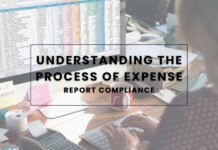





![Agentic Automation Explained: From Basics to Business Impact [2025 Guide] Agentic Automation](https://cdn-kmjmp.nitrocdn.com/YvtqmrsiHUxqerlSiZgbfzqqTARWTElr/assets/images/optimized/rev-a4aafe3/blog.peakflo.co/wp-content/uploads/2025/07/d2182d50-cc78-4be9-8f70-b407b7f098e4-218x150.webp)













